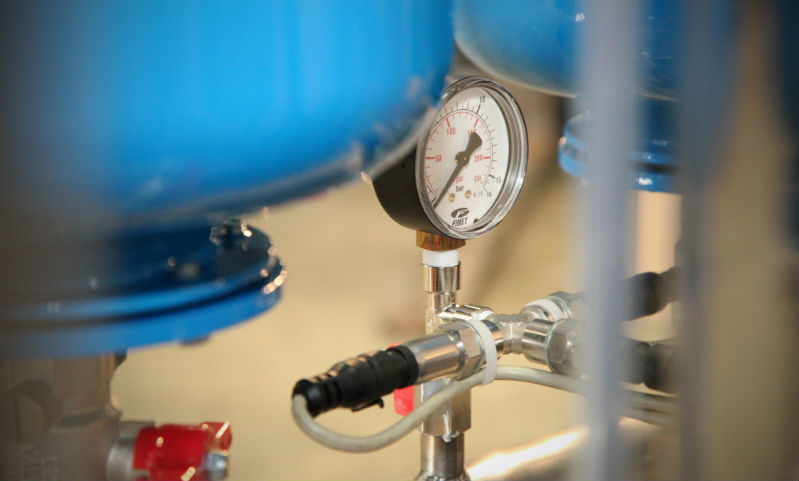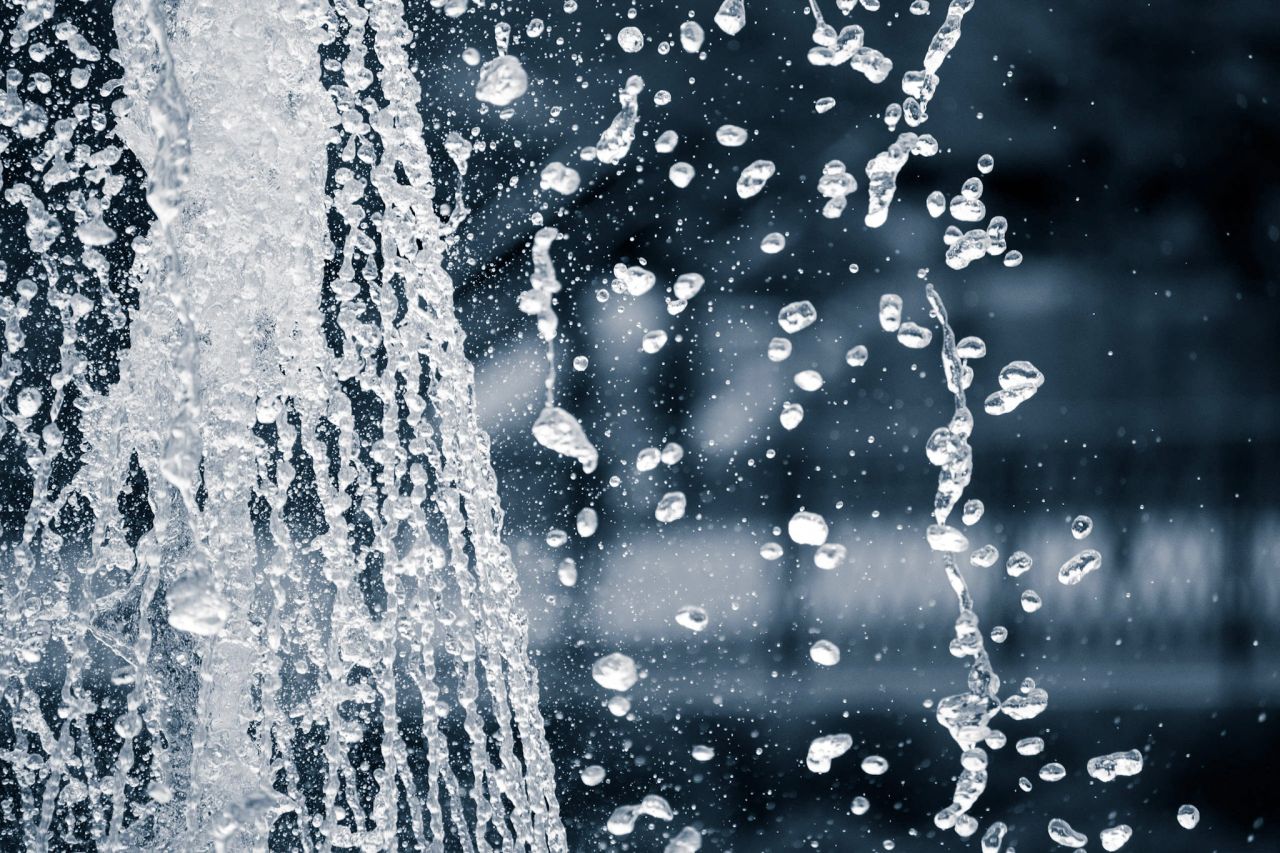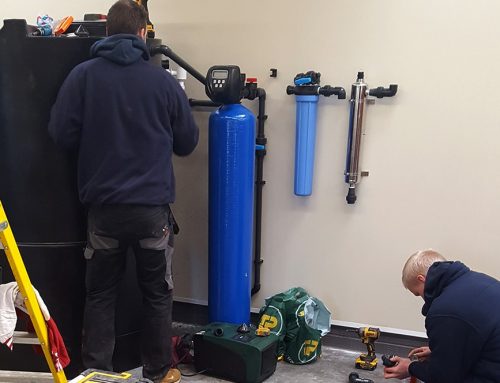Although the vast majority of boreholes we drill here at Dales Water are used for domestic or commercial purposes such as irrigation or agricultural use; from time to time we also drill them when their main use is for research or exploratory purposes.
This can be for specific geophysical research organisations, Government Agencies or Universities who want to give their students the best possible learning experience when it comes to understanding groundwater.
And of course in some cases we may even drill an exploratory borehole to assess the viability of installing a fully working system for commercial use and to make sure there would be no underlying issues that could affect a production borehole.
What can Research and Exploratory Boreholes be Used For?
- Assessing the underlying geology of the site
- Assessing the aquifer properties and groundwater rebound characteristics
- Establishing the rest ground water level at completion and for long term monitoring
- Establishing the groundwater quality and long term monitoring
- To assess the impact of drilling a new borehole on existing boreholes and other water features that may be related to groundwater
- Using a borehole for potential heat exploitation
- As an educational tool to test new drilling techniques, technology and materials
Helping Newcastle University

A couple of years ago we helped Newcastle University setup a number of boreholes that were specifically for teaching purposes.
The research boreholes were drilled for the University’s School of Civil Engineering and Geosciences to be used as a teaching tool for the Applied Hydrogeology MSc course.
As any hydrogeologist or groundwater professional will know, things rarely work like they do in a text book so giving students the chance to study borehole and aquifer behaviour up close will give them a much better understanding of how things work.
In total 5 boreholes were drilled each to a depth of 50 metres on the Universities farm at Cockle Park arranged in a cruciform pattern each set at a different distance from the central pumping well.
Numerous suppliers and sponsors from the Groundwater Industry worked together on this project and we offered out our services to carry out a yield test and to install a submersible pump which was sourced from Grundfos Pumps Ltd.
For many students this was the first time they had seen the various skills and techniques required when designing, constructing and operating a working borehole which will prove useful for when they enter the industry full time post-graduation.
The site is of course now fully complete and now provides the perfect environment for students to monitor the local groundwater environment throughout the academic year.
You can find out more about the project here: http://research.ncl.ac.uk/geometry/about.htm
And you can download one of their newsletters here.



